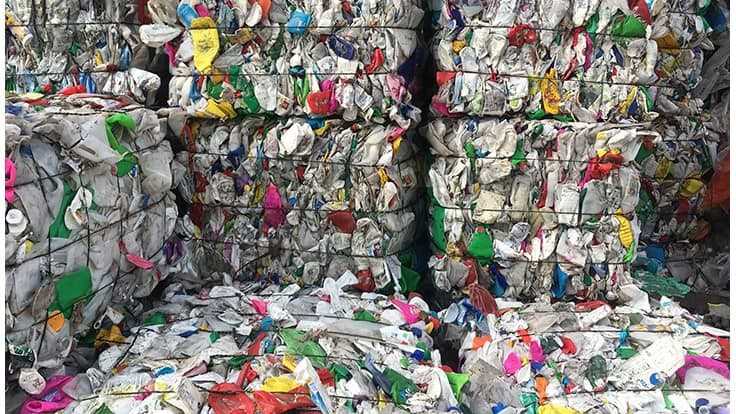The plastics industry’s outlook on trade, supply chains and regulations

At the Plastics Industry Association’s Plastics Packaging Summit Nov. 3, Ryan Ong, the director of international business policy for the National Association of Manufacturers, discussed the government’s role in plastic manufacturing and recycling as well as the implications of new regulations on trade and supply chains.
This past year, the Biden administration has proposed new rules and regulations for plastics manufacturing and recycling. During the inaugural Plastics Packaging Summit, hosted virtually by the Washington-based Plastics Industry Association from Nov. 3-5, Ryan Ong, the director of international business policy for the National Association of Manufacturers, shared his thoughts on these topics during the summit’s session titled “Tariffs & Trade: Understanding the Impact on the Packaging Supply Chain.”
On trade and supply chain issues
During the “Tariffs & Trade: Understanding the Impact on the Packaging Supply Chain” session, Ong said that while trade is something President Joe Biden is working on in his Build Back Better Infrastructure bill, which House lawmakers passed Nov. 5, it’s not a priority.
The bill primarily focuses on domestically driven issues such as pandemic relief, climate and supply chain issues. The U.S. government wants to renew U.S. trade policy in a worker-centric direction that better strengthens working families that have been left behind by globalization, Ong said.
“How does that work in practice? We’re still trying to figure that out,” he added.
Forecasting global regulations
Globally, Ong said that governments have moved forward with regulations that could impact plastics manufacturing and recycling in the U.S., including the European Union (EU) and Canada.
In the summer, the EU banned certain single-use plastics for which alternatives are available. For other single-use plastic items, EU member states must limit their use through national consumption reduction measures, a separate recycling target for plastic bottles, design requirements for plastic bottles and compulsory labels for plastic products to inform consumers, according to the EU directive.
Recently, Canadian officials have proposed revisions to the nation’s Environmental Protection Act to add plastic to the bill’s annex labeling it as a toxic product, Ong said.
At the United Nations General Assembly, Ong said there is an active conversation about a potential global treaty that would tackle issues related to plastics pollution and litter that have a wide variety of implications to the plastics manufacturing and recycling industry. Ong said he believes the United Nations could begin talks about the treaty in six months.
“Some of the impacts depend on what a potential treaty looks like,” Ong said.
He said the treaty could potentially provide regulation designed to strengthen waste management globally, bans on the production of virgin plastics as well as increased capacity building. Ong added, “The nature of the potential treaty would be that member states sign on and then work to include anything put in the treaty to include it in national regulation.”